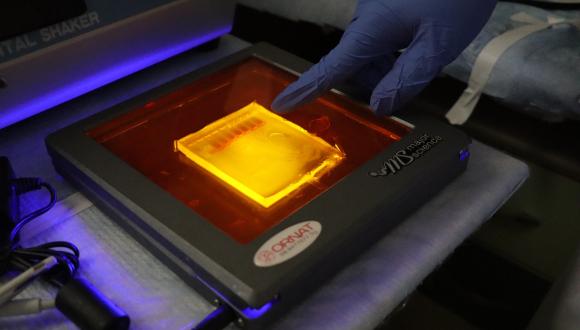That’s because “alcohol damages the gut barrier function (causing a ‘leaky gut’) allowing bacterial toxins to travel into your system,” Dr. Ivanina explains. This can even contribute to inflammation in other organs like the liver.
And the statistics are startling: “Eating too much red and processed meat has been estimated to cause 18 percent of bowel cancer cases,” Dr. Ivanina says. “Specifically, processed meat is classified as a class 1 carcinogen by the World Health Organization (WHO), which means it is known to cause cancer in humans.”
There’s a mechanism behind red meat’s cancer connection: “Red meat contains heme iron that is broken down in the gut to form N-nitroso compounds, which can damage the gut lining and lead to cancer,” Dr. Ivanina explains.
“Too much sugar, especially during early developmental periods, changes the gut microbiome by causing ‘dysbiosis,’ or an imbalance of bacteria,” Dr. Ivanina says. And this dysbiosis can also affect other organs such as the brain (think: impaired memory function), she adds.
“Artificial sweeteners, like sugar alcohols, can cause bloating, stomach pain, painful gas and diarrhea,” Taub-Dix says. “Not everyone has these reactions, but if eaten in large quantities, foods with sugar alcohols can upset your gut.”
To avoid artificial sweeteners, check your food labels. “Look for words that end in ‘-ol’ to identify sugar alcohols like sorbitol,” Taub-Dix says.
You should limit or avoid most processed foods, but there are also many nutritious convenience foods. For example, canned beans, canned fish and frozen veggies are all technically “processed” foods, but the ingredients list is typically made up of three simple ingredients or fewer, making them nutritious choices.
“Dairy commonly causes symptoms through a range of mechanisms including lactose intolerance, decreased lactase enzyme, FODMAP intolerance or milk allergy,” Dr. Ivanina says. Some dairy products also contain potentially harmful hormones and antibiotics.
“Although they’re important, and sometimes essential, for killing off bad bacteria, antibiotics can also damage or destroy good bacteria,” Taub-Dix says. That means they can disrupt the balance of friendly flora in your gut.
Taub-Dix assures us that there’s room for all foods in your eating plan. “None of the above foods need to be ‘avoided’ if your diet is basically well-balanced and consists of a variety of whole foods,” she says. “It’s how often you have them that may be more of a problem.”
Dr. Ivanina agrees that moderation is key: “The risk grows the more someone eats the harmful food. Having red meat at a steakhouse on your birthday will not lead to cancer, but on a regular basis, it is certainly a risk.”
This content was originally published here.



















